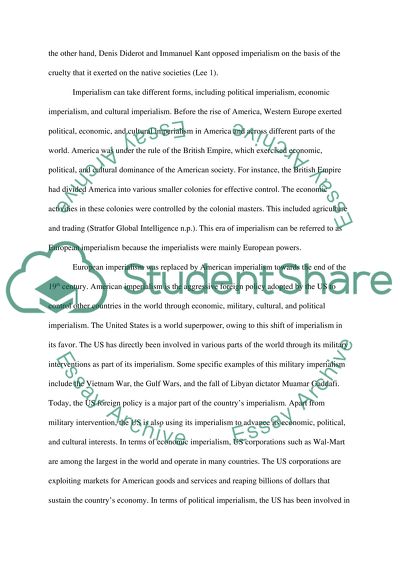Cite this document
(“Differences in economic and political culture between Western Europe Research Paper”, n.d.)
Retrieved from https://studentshare.org/social-science/1676284-differences-in-economic-and-political-culture-between-western-europe-and-the-united-states
Retrieved from https://studentshare.org/social-science/1676284-differences-in-economic-and-political-culture-between-western-europe-and-the-united-states
(Differences in Economic and Political Culture Between Western Europe Research Paper)
https://studentshare.org/social-science/1676284-differences-in-economic-and-political-culture-between-western-europe-and-the-united-states.
https://studentshare.org/social-science/1676284-differences-in-economic-and-political-culture-between-western-europe-and-the-united-states.
“Differences in Economic and Political Culture Between Western Europe Research Paper”, n.d. https://studentshare.org/social-science/1676284-differences-in-economic-and-political-culture-between-western-europe-and-the-united-states.


